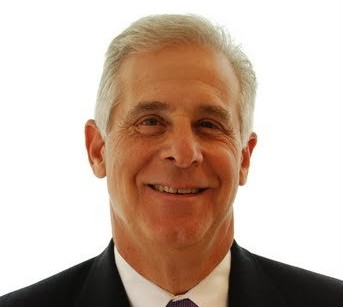“Most Israelis are ignorant about the Diaspora. They think we are all embattled by assimilation of anti-semitism. We many are, not early to the degree they believe.”
The Interviewee – Ted Farber (Born 1946), President, TBF Consulting. Grew up in Lebanon, Connecticut a small rural town with few Jews. Almost by accident was in Israel in 1967. Largely as a result, spend most of my career in the Jewish federation field including 17 years as the CEO of the Jewish Federaiton of Greater Washington. Retired from that in 2001 and now have a small consulting firm which mostly supports Jewish non-profits.
In your opinion, what importance, if any, does the existence of a Jewish state have to you personally and to Jewish people in general?
“My connection to Judaism originated because of my experience with Israel as a young man. It would be highly doubtful that my life would have been devoted to the Jewish People were it not for that early connection.”
Do you feel committed in some way to defend the future existence of Israel?
“Absolutely, though it has, for me, become a more complicated and nuanced defense in recent years.”
Do you affiliate yourself with a specific denomination in Judaism? What is your view regarding the dominance of the Orthodox denomination in Israel religious establishment?
“I am nominally affiliated with a Reform congregation. The lack of openness by the Orthodox rabbinate in Israel is one of the reasons for my answer above.”
Do you feel morally responsible for Israel’s actions (such as its management of the Israeli-Palestinian conflict)?
“Yes, I do but it is impossible to defend many of the actions of the Israel government.”
In your opinion, what is the main thing Israelis fail to understand about the reality of being Jewish outside of Israel?
“That there is a energetic, connected and Jewishly identified population in the US and in many other countries. Most Israelis are ignorant about the Diaspora. They think we are all embattled by assimilation of anti-semitism. We many are, not early to the degree they believe.”
How would you describe Israel’s policy (formally and in practice) regarding its relationship with the Diaspora?
“Disrespectful.”
In your opinion, does Israel have an obligation to defend and help Jewish communities in need?
“Only in those places that Jews lack the means to defend themselves.”
Have you ever been to Israel?
“Yes.”
Can you tell us a bit about the Jewish community in your hometown? Is it organized? Are there community activities?
“I live in the Washington DC region, one of the 6 or 7 largest Jewish populations in North America. We have some 60 synagogues of all varieties, , Jewish agencies and day schools and hundreds to other ways to connect with Jewish organizations, events and programs.”
Is there a question you feel should be added to the project’s questionnaire?
“What are the major challenges facing Israel in the next 10 – 20 years? What might Israel do to encourage Jews in the US to feel more connected and loyal to the State and people of Israel?”

